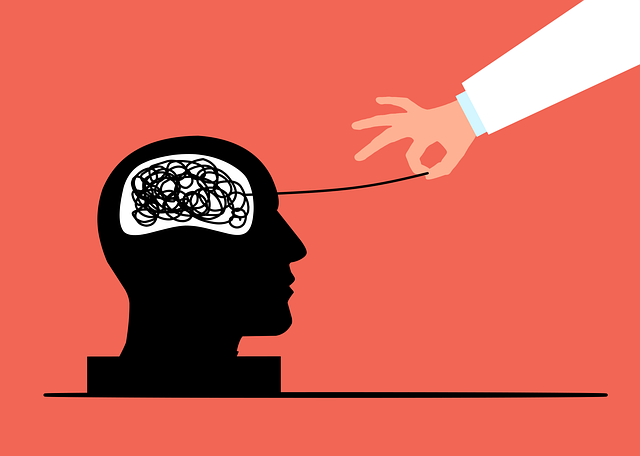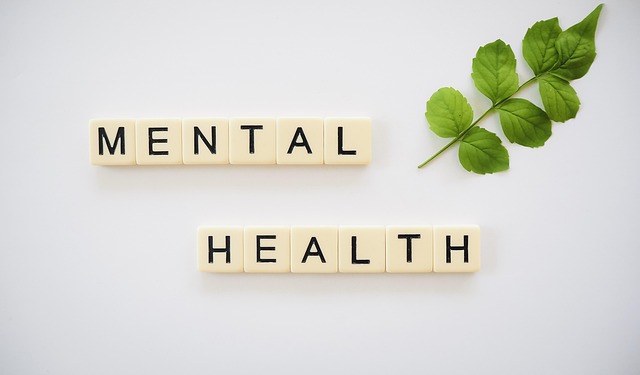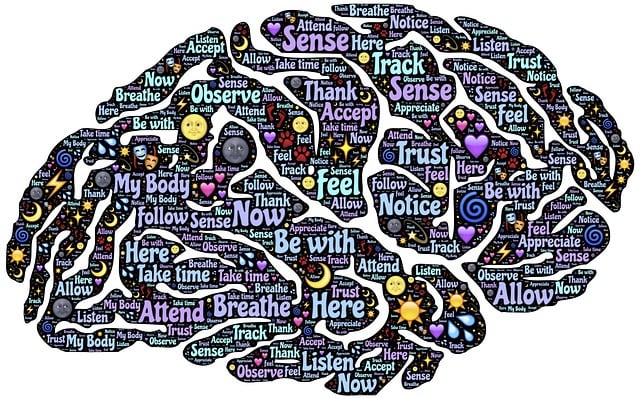Post-traumatic stress disorder (PTSD) is a prevalent mental health issue among adolescents, arising from traumatic events. Effective crisis intervention requires tailored therapy strategies such as cognitive-behavioral therapy (CBT), eye movement desensitization and reprocessing (EMDR), mindfulness exercises, and depression prevention techniques. Compassion cultivation, self-care routines, and risk assessment tools are crucial for healthcare providers to support adolescent teens with PTSD. Tailored approaches, including Mental Wellness Podcast Series and journaling exercises, empower teens to manage symptoms and promote overall mental wellness, emphasizing the role of mental health professionals and public awareness in early intervention and destigmatization.
“Crisis intervention is a vital field of study, especially when addressing the unique challenges faced by adolescent teens. This article provides an in-depth guide to supporting teens struggling with post-traumatic stress disorder (PTSD). We explore effective strategies and therapy techniques tailored for this demographic. From understanding the intricacies of PTSD in teens to fostering recovery and resilience, these insights offer a roadmap for professionals. Discover how specialized therapy can make a profound impact on adolescent teens’ lives, helping them navigate trauma and build resiliency.”
- Understanding Post-Traumatic Stress Disorder in Adolescent Teens
- Identifying Crisis Intervention Strategies
- Implementing Effective Therapy Techniques
- Supporting Teens Through Recovery and Resiliency
Understanding Post-Traumatic Stress Disorder in Adolescent Teens

Post-Traumatic Stress Disorder (PTSD) is a significant mental health concern among adolescent teens, often arising from traumatic events such as accidents, abuse, or natural disasters. Recognizing and understanding PTSD in this demographic is crucial for effective crisis intervention. Teenagers may present unique challenges when it comes to therapy, as their brains are still developing, and they often face additional stressors like peer pressure, academic demands, and identity formation.
Therapy for adolescent teens with PTSD should be tailored to their age and developmental stage. Techniques such as cognitive-behavioral therapy (CBT) and eye movement desensitization and reprocessing (EMDR) have proven effective in helping teens process traumatic memories and develop healthy coping mechanisms. Burnout prevention strategies for healthcare providers are essential when working with this population, ensuring professionals can offer consistent and compassionate care. Risk assessment tools specific to mental health professionals can help identify potential risks and guide appropriate interventions. Encouraging self-care routines development for better mental health is also a key component in supporting the overall well-being of adolescent teens.
Identifying Crisis Intervention Strategies

Identifying effective crisis intervention strategies is paramount when supporting teens grappling with post-traumatic stress disorder (PTSD). Given the unique challenges faced by adolescent minds, tailored approaches are essential. One promising avenue involves therapy specifically designed for this demographic, focusing on trauma processing and resilience building.
Integrating evidence-based practices like depression prevention techniques and mental wellness coaching programs can significantly enhance outcomes. Additionally, compassion cultivation practices have shown promise in fostering emotional regulation and reducing symptoms of PTSD. By combining these strategies, professionals can create a holistic support system that empowers teens to navigate their crises with greater coping skills and overall mental wellness.
Implementing Effective Therapy Techniques

In crisis intervention, implementing effective therapy techniques tailored to adolescent teens experiencing post-traumatic stress disorder (PTSD) is paramount. Mind Over Matter principles can be a powerful tool, teaching teens how to manage their thoughts and emotions during traumatic situations. This involves coping strategies like mindfulness exercises, which help to calm the mind and body, thereby reducing symptoms of PTSD. Additionally, integrating Mental Wellness Podcast Series Production into therapeutic routines allows for engaging, interactive learning experiences that delve into various aspects of mental wellness, fostering a sense of community and understanding among teens.
Beyond traditional therapy, Mental Wellness Journaling Exercise Guidance offers a creative outlet for adolescents to process their emotions and experiences. By documenting their feelings in a structured journal, teens can gain insights into their triggers and develop personal strategies for managing stress and anxiety. This not only enhances their mental wellness but also empowers them to take an active role in their healing journey, ensuring more effective crisis intervention outcomes.
Supporting Teens Through Recovery and Resiliency

Supporting teens through recovery and fostering resilience is a vital aspect of crisis intervention strategies. Many adolescent teenagers struggle with mental health issues, often stemming from traumatic experiences, which can significantly impact their lives. One effective approach to aid in their healing process is therapy for adolescents experiencing post-traumatic stress disorder (PTSD). Mental health professionals play a crucial role in providing specialized care tailored to the unique needs of teens.
Mindfulness meditation has emerged as a valuable tool within this context. By teaching young individuals techniques to stay present and manage their emotions, mindfulness can empower them to cope with distressing memories or triggers associated with PTSD. Additionally, risk assessment is an essential component to ensure the safety and well-being of these vulnerable teens. Mental health professionals must be adept at identifying potential risks and implementing strategies to mitigate them, fostering a supportive environment conducive to recovery. Public awareness campaigns development can also play a pivotal role in destigmatizing mental health issues among adolescents, encouraging early intervention and support-seeking behaviors.
In addressing crisis intervention strategies for adolescent teens dealing with post-traumatic stress disorder (PTSD), this article has explored key components from understanding the condition to implementing effective therapy techniques. By recognizing the unique challenges faced by young individuals, we can foster their recovery and resilience. Through a combination of specialized knowledge, evidence-based practices, and supportive environments, we empower adolescents to overcome trauma and build lasting coping mechanisms. Effective therapy for adolescent teens with PTSD involves tailored interventions that promote healing and enhance their overall well-being.









